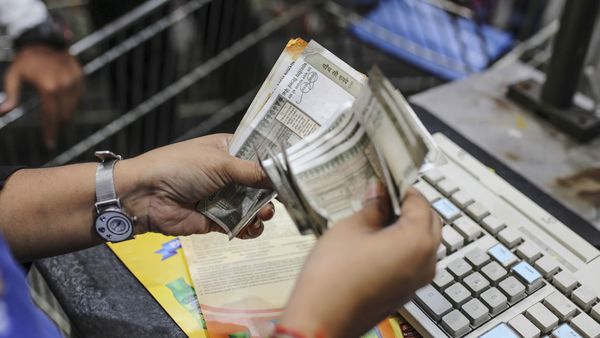Fixed Deposit Latest Rates: The second difference between bank FD and corporate FD is security. Insurance of up to Rs 5 lakh is given in bank FD. If the bank sinks, the money is given to the investor who has made the FD.
Fixed Deposit Latest Rates: After the Reserve Bank of India (RBI) cut the repo rate for the second consecutive time, banks have reduced interest on fixed deposits (FD). This will affect the investors. The return they get on FD will be reduced. In such a situation, if you are thinking of making an FD now, then the opportunities are still not over. You can choose the option of corporate FD. Corporate FD is still getting up to 9.40% interest. After all, what is corporate FD and how can you invest in it? What things to keep in mind. Let us give you complete information.
| Company Name | credit rating | Rate of Interest (Normal) | Interest Rate for Senior Citizens | Investment Period |
|---|---|---|---|---|
| Shriram Finance | ICRA AA+ | Maximum 8.80% | Maximum 9.40%* | 1 to 5 years |
| Bajaj Finance Limited | CRISIL FAAA | Maximum 8.35% | Maximum 8.60% | 1 to 5 years |
| Mahindra Finance | CRISIL AAA | Maximum 8.10% | Maximum 8.35% | 1 to 5 years |
| Muthoot Capital Services | CRISIL A+ | Maximum 8.38% | Maximum 8.88% | 1 to 5 years |
| PNB Housing Finance | CRISIL AA+ | Maximum 8.00% | Maximum 8.30% | 1 to 10 years |
| ICICI Home Finance | CRISIL AAA | Maximum 7.80% | Maximum 8.05% | 1 to 10 years |
| LIC Housing Finance | CRISIL AAA | Maximum 7.75% | Maximum 8.00% | 1 to 5 years |
What is Corporate FD?
Corporate FD or Company Fixed Deposit is issued by Non-Banking Finance Company i.e. NBFC companies. In simple words, it is also called company deposit. In this also, like bank FD, a fixed interest rate is given to the investors. Its duration can be from a few months to years. Only NBFC companies recognized by RBI can accept deposits in corporate FD.
What is the difference between bank and corporate FD?
The biggest difference between bank FD and corporate FD is that since corporate FD is issued by NBFC, the interest rate in it is higher, so that investors who make FD in the bank are more attracted towards corporate FD. Here, like bank FD, the time limit plays an important role in the interest rate.
The second difference between bank FD and corporate FD is security. In bank FD, insurance up to Rs 5 lakh is given by DICGC. In such a situation, if the bank collapses, the money will be given to the investor who has made the FD by DICGC. However, no such insurance is available in corporate FD. If the NBFC company collapses, then your money also sinks with it.
Be sure to check the rating before investing
Before investing in corporate FDs it is better to compare the corporates first and check if they have good ratings from CARE, CRISIL and ICRA. AAA rating is considered the best. Investors should also look at the track record of the company’s profit and loss. Most banks charge a penalty to FD investors for premature withdrawal. This usually happens around 3 months after the investment.
Disclaimer : This article is written for informational purposes only. Consult your financial advisor before making any kind of investment or taking any financial risk. Businessleague will not be responsible for any kind of risk.
Most Read Articles:
- High Security Registration Plate: How to apply for high security registration plate with color coded sticker, what is the penalty
- Post office senior citizen savings scheme: Big news! Invest in this scheme and get fixed Rs 20,000 monthly pension
- Credit Card Link UPI: Link your credit card to UPI from home, know step-by-step guide


